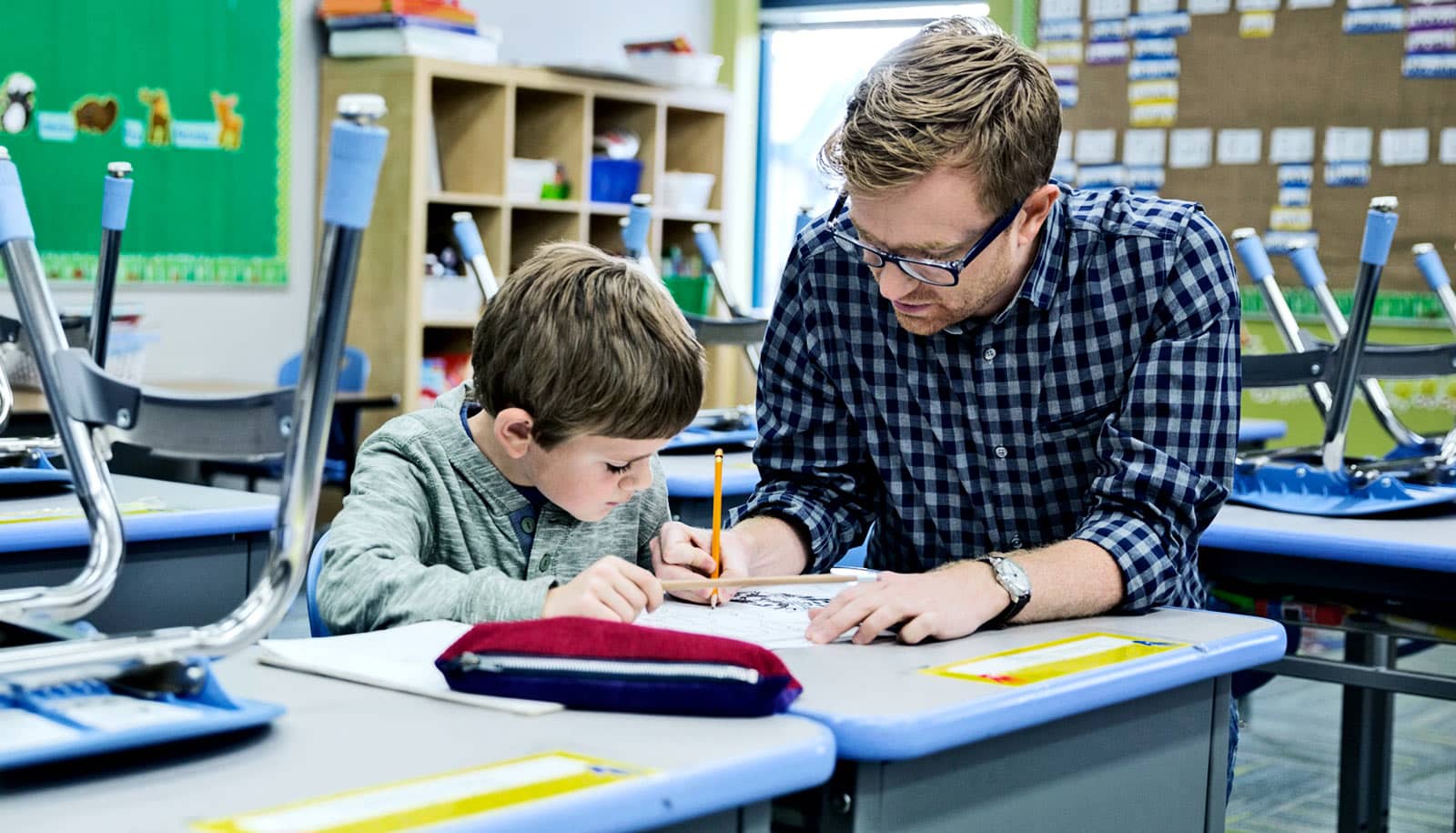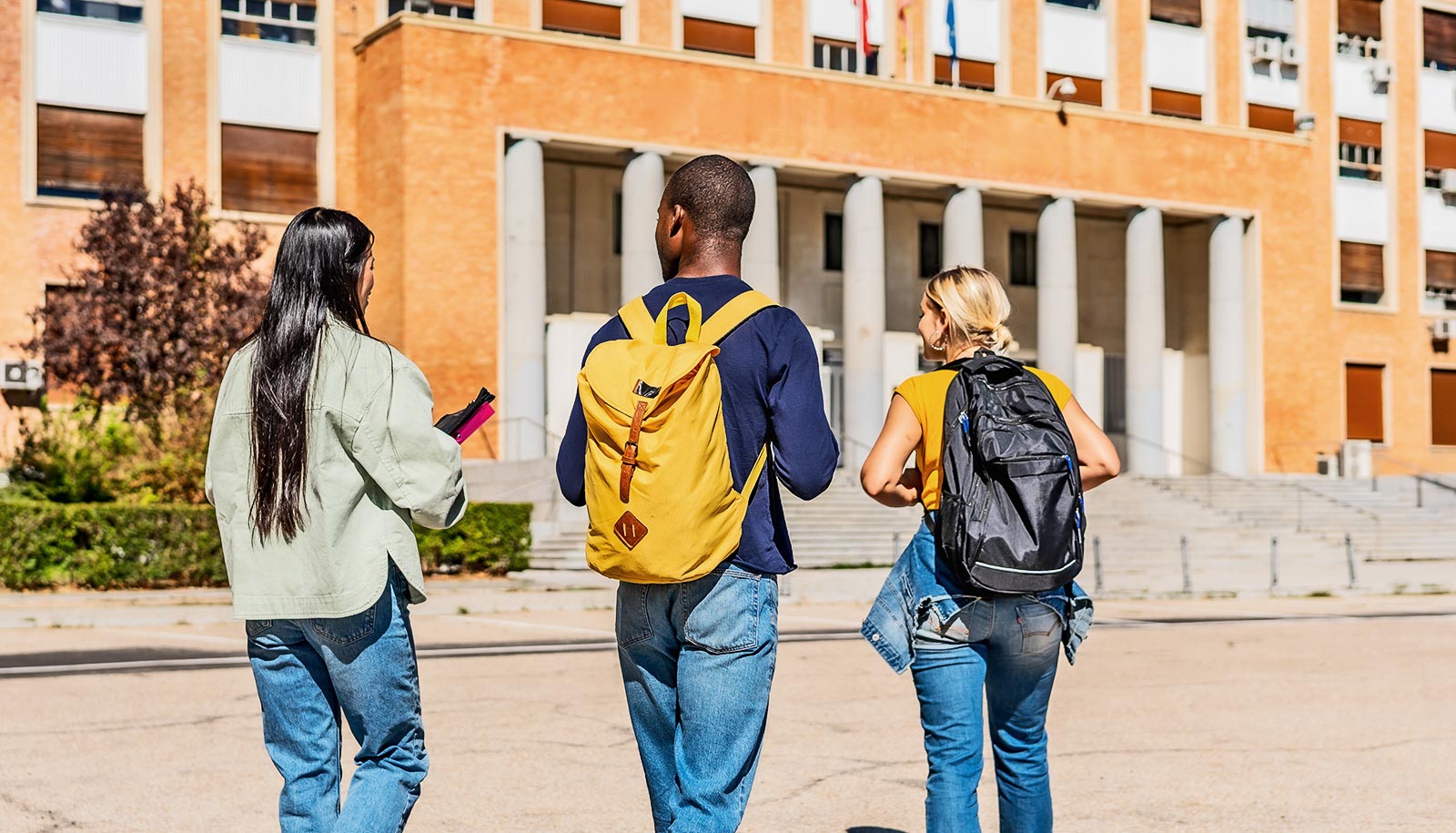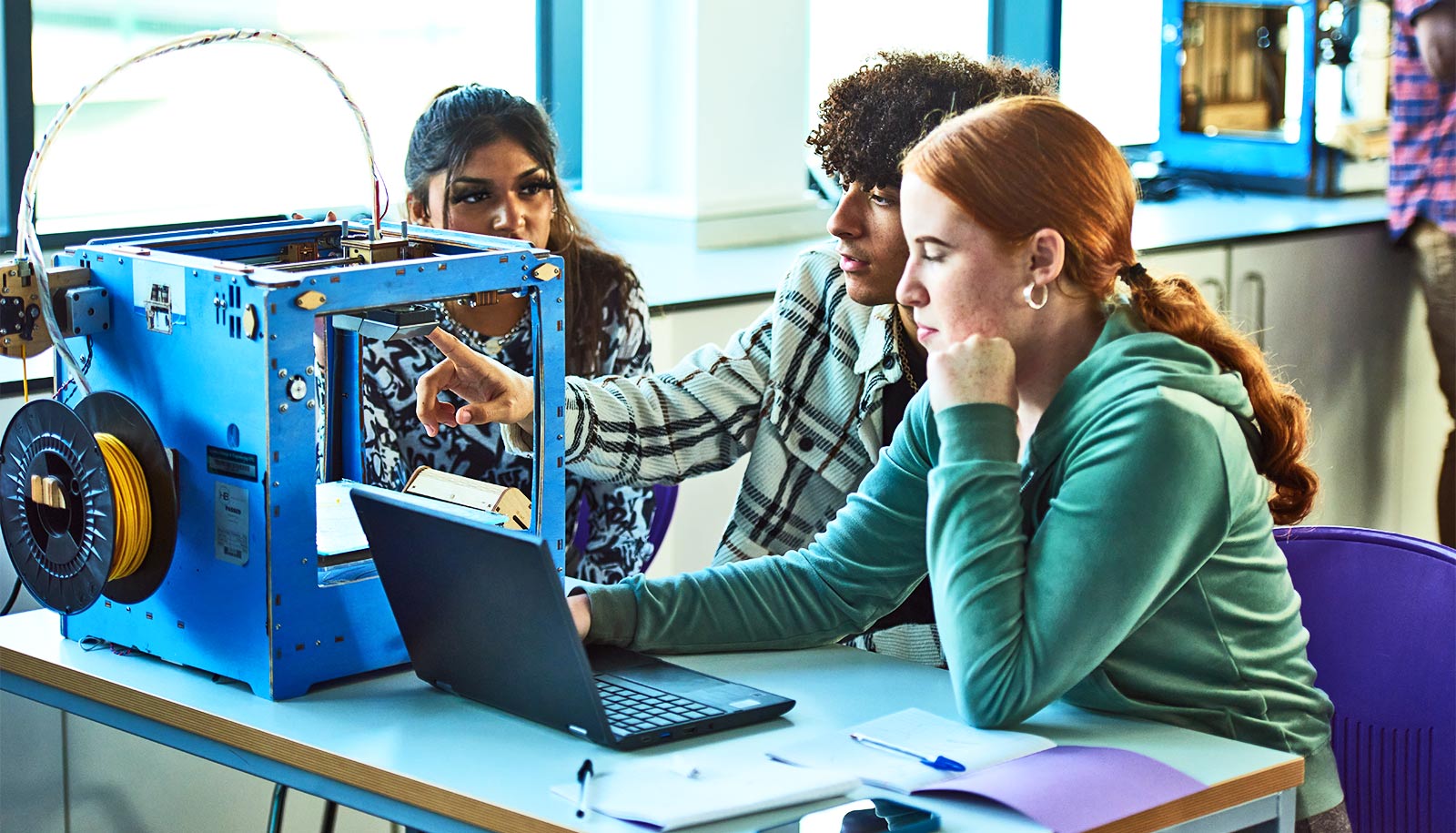A new system of training, coaching, and feedback designed to improve teacher use of evidence-based practices could offer a way to support students with behavioral challenges.
Researchers say the system could have a strong positive effect on student behavior and academic achievements by giving teachers the training and support they need in the classroom.
“Student behaviors don’t change until the adult who is in charge of the environment changes…”
Students who consistently demonstrate appropriate social, emotional, and behavioral skills are more likely to benefit from academic instruction, research shows. However, the majority of educators don’t receive adequate training and support to implement effective classroom management tactics.
Barbara Mitchell, an assistant research professor in the University of Missouri College of Education, and Timothy Lewis, professor of special education, say their proposed solution fulfills the overwhelming need for a strong system of support for teachers.
The system also moves teacher professional development practices away from a “train and hope” model, which usually doesn’t give enough ongoing coaching to teachers and discounts the varying levels of support individual teachers need.
“You can give teachers a description of an intervention, practice or strategy and some of them can go and successfully implement it without needing further support,” Mitchell says. “However, other teachers require feedback or coaching on a regular basis. This is similar to how students with different abilities need varying levels of support to be successful.”
The support system in the study, which consisted of multiple trainings on proactive classroom management, coaching, and regular observations with feedback, helps teachers build their skills while also keeping them accountable.
With data-based performance feedback and coaching, teachers are more likely to keep new practices at the forefront of their mind during day-to-day activities, Mitchell says. The researchers also found that many teachers were willing to adopt newly learned practices because once they were implemented correctly they often saw immediate change in student behavior and the overall classroom environment.
Why ineffective teachers rarely get low ratings
“Student behaviors don’t change until the adult who is in charge of the environment changes,” Mitchell says. “When teachers are given the tools they need to make simple changes or adopt new strategies, it encourages them to persevere with intervention tactics.”
Researchers report their findings in the journal Teacher Education and Special Education.
Regina G. Hirn of the University of Louisville was a coauthor of this study. Support for this research came from the Office of Special Education Programs within the US Department of Education. The content is solely the responsibility of the authors and is not an official endorsement from the funding agency.
Source: University of Missouri



